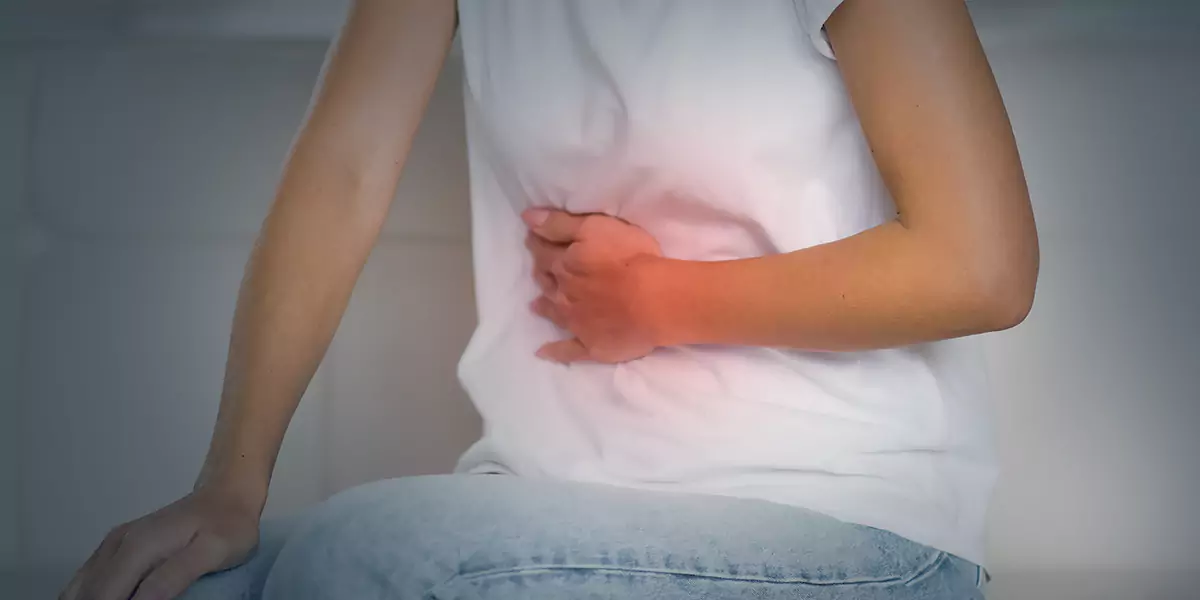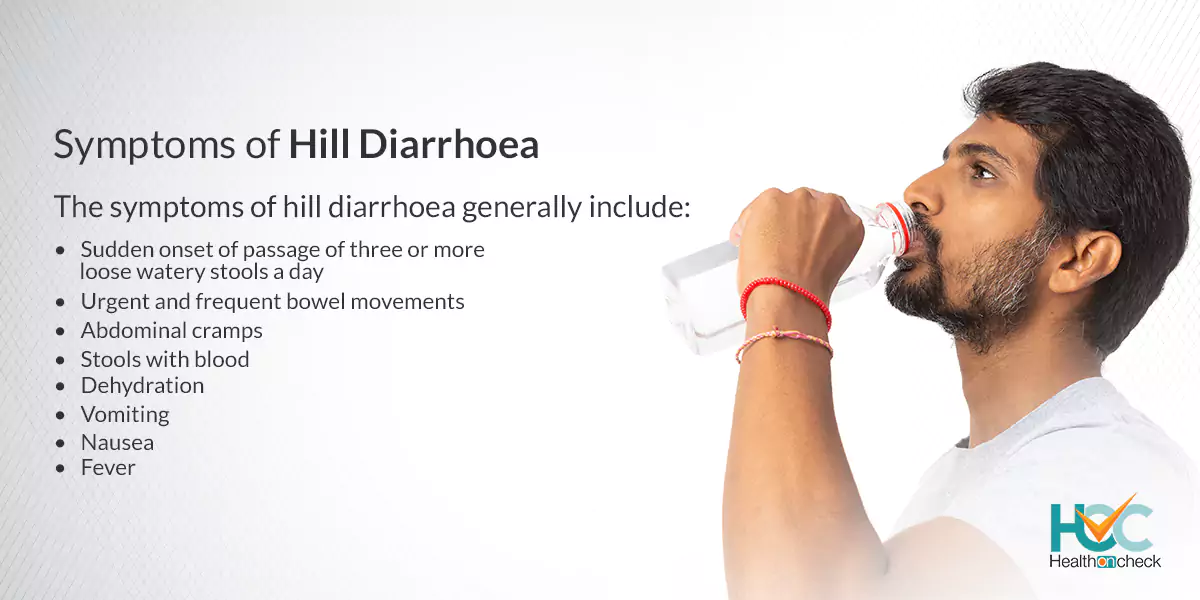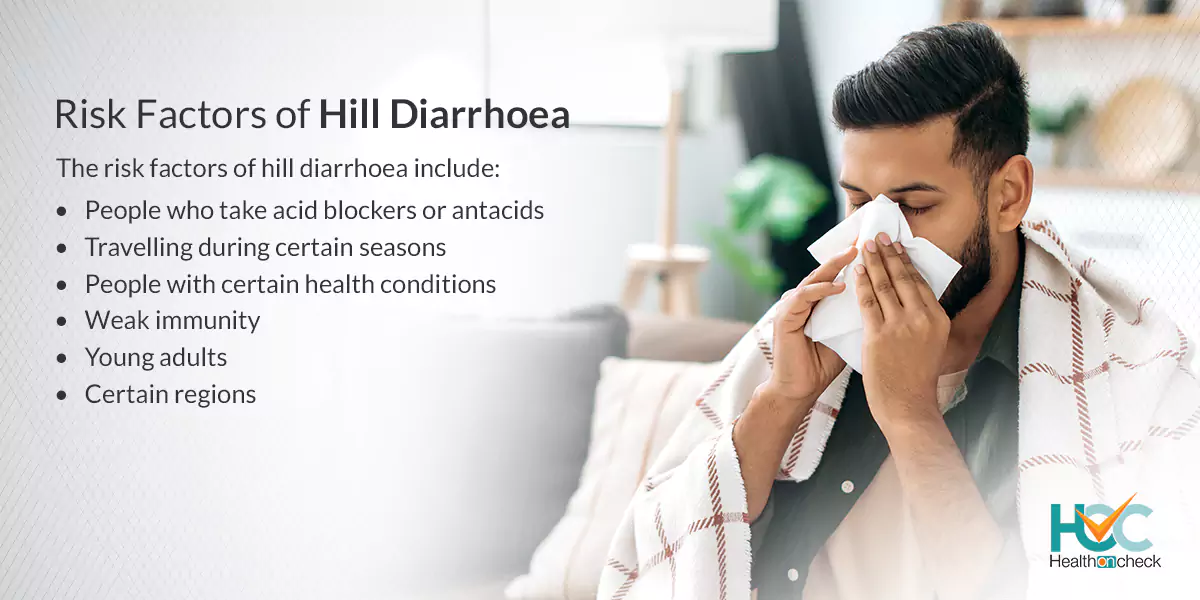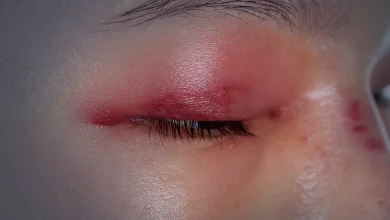What is Hill Diarrhoea?

Hill diarrhoea, also known as traveller’s diarrhoea, is a digestive tract disorder that mostly affects tourists from other countries and causes abdominal cramps and loose stool. It might be caused by eating contaminated food or drinking contaminated water. Fortunately, hill diarrhoea isn’t a serious condition in most people but it can be unpleasant.
When someone visits a new place, the climate conditions or sanitary practices are usually different from home, which leads to an increased risk of developing hill diarrhoea because of illness-causing bacteria, viruses, or parasites through contaminated food and water. A large number of developing countries don’t have the resources to treat water and kill these contaminants. People of these countries are adapted to drinking such water and might have developed immunity to the organisms but tourists from other places may get affected by it. Hill diarrhoea can also develop if the food handlers do not realise the risk or practise safe and rigorous hygiene while cooking and serving food.
What are the Types of Hill Diarrhoea?
There are no types of hill diarrhoea but there are different causes of it, mainly bacteria, particularly e.coli.
Other bacteria that may cause hill diarrhoea include:
Cholera.
Salmonella.
Shigella.
Campylobacter jejuni.
Viral infections that may cause hill diarrhoea include:
Rotavirus.
Norovirus.
Astrovirus.
Parasite infections that may cause hill diarrhoea include:
Cryptosporidium.
Giardia.
Cyclospora.
What are the Symptoms of Hill Diarrhoea?
The symptoms of hill diarrhoea generally include:
– Sudden onset of passage of three or more loose watery stools a day
– Urgent and frequent bowel movements.
– Nausea
– Abdominal cramps
– Vomiting
– Fever
– Dehydration
– Stools with blood
What are the Causes of Hill Diarrhoea?
A change in diet and stress might cause hill diarrhoea but the main causes behind it are generally infectious agents like bacteria, viruses, or parasites. You usually may develop hill diarrhoea after eating food or drinking water contaminated with organisms from faeces. The natives do not develop hill diarrhoea because of being accustomed to the bacteria and have developed immunity to them.
What are the Risk Factors of Hill Diarrhoea?
The risk factors of hill diarrhoea include:
– Certain regions
High-risk regions for hill diarrhoea include areas of South Asia and Southeast Asia, Central America and South America, Africa, and Mexico. Places such as Eastern Europe, South Africa, Central and East Asia, the Middle East, and a few Caribbean islands also have some risks but places such as Northern and Western Europe, Japan, Canada, Singapore, Australia, New Zealand, and the United States are comparatively considered safe.
– Young adults
Young adult tourists are at more risk of developing hill diarrhoea though the reasons aren’t clear. It may be because they are more adventurous than older people when it comes to travel and dietary choices, or they may be less concerned about having contaminated foods.
– Weak immunity
People with weak immune systems have an increased risk of developing hill diarrhoea
– People with certain health conditions
People who already have some kind of underlying condition such as diabetes, inflammatory bowel disease, kidney, liver, or heart disease are more at risk for developing hill diarrhoea as these conditions make them more prone to infection or increase the risk of a more severe infection.
– People who take acid blockers or antacids
People with low stomach acid and those who are taking acid blockers or antacids are at increased risk for developing hill diarrhoea because they may leave more opportunity for bacterial survival as the acid in the stomach tends to kill organisms.
– Travelling during certain seasons
The risk of hill diarrhoea differs according to the season in specific parts of the world. For instance, the risk is quite high in South Asia during the hot months just before the monsoons.
What are the Complications of Hill Diarrhoea?
People may become dehydrated because of hill diarrhoea, especially during the summer months because of losing important fluids, salts, and minerals while suffering from hill diarrhoea. Dehydration can be dangerous for children, older adults, and people with weak immune systems.
Dehydration can lead to various complications such as organ damage, shock, or coma. A very dry mouth, severe thirst, little or no urination, extreme weakness, and dizziness, are the main signs and symptoms of dehydration.
How Hill Diarrhoea is Diagnosed?
Your doctor can diagnose hill diarrhoea based on your travel history and symptoms. Though in some instances, a sample of your stool may be tested to detect what type of infection you have. It helps to give you the best medication to prescribe, especially if they suspect an infection from organisms. Sometimes your stool samples might be tested more than once to diagnose the cause of your symptoms and whether it’s hill diarrhoea or some other condition.
What are the Treatment Options Available for Hill Diarrhoea?
Most of the time, hill diarrhoea gets well by itself and during this duration, you need to stay hydrated with hygienic and safe fluids such as water with electrolytes such as an oral rehydration solution or bottled water. If your condition does not improve even after taking enough time then your doctor may prescribe some medications to treat hill diarrhoea including:
– Antimotility agents
It includes medicines such as loperamide and drugs containing diphenoxylate that give quick but temporary relief by decreasing muscle spasms in your gastrointestinal tract and transit time through your digestive system and providing more time for absorption. But you should remember that infants or people with a fever or bloody diarrhoea should not be given these medicines, because they can delay clearance of the infectious organisms and worsen the condition.
– Bismuth subsalicylate
It’s an over-the-counter medication that can reduce the frequency of your stools and shorten the timeline of your condition. But, bismuth subsalicylate isn’t recommended for pregnant women, children, or people allergic to aspirin.
– Antibiotics
If you need to go for more than four loose stools every day or have serious symptoms such as blood, pus, or mucus in your stools along with a fever, then your doctor may prescribe you a course of antibiotics that will help to cure these symptoms.
If you are travelling to a new place, then it’s important to take some precautions so that you don’t develop hill diarrhoea. You need to keep yourself hydrated with drinking water and oral rehydration salts (ORS) solutions containing water and salts in particular proportions to replenish both fluids and electrolytes. ORS also contains glucose that helps to improve absorption in the intestinal tract.
Avoid caffeine, alcohol, and dairy products if you develop hill diarrhoea as they may worsen it. Instead drink water, ORS, canned fruit juices, clear soup, light tea, c decaffeinated soda, or sports drinks to keep yourself hydrated and replace lost fluids and minerals.
Living with Hill Diarrhoea
Hill diarrhoea is a discomforting side effect of travelling but it’s not serious and gets cured easily. E. coli bacteria causes most cases of hill diarrhoea followed by Salmonella. Viruses and parasites can also cause hill diarrhoea but are comparatively lesser than bacteria. You can decrease your risk of infection by having good hygiene and taking caution about what you eat and drink while travelling. You can discuss this with your doctor and take a prescription if you are serious about taking measures to save yourself from hill diarrhoea while travelling.
Whom to Consult?
Hill diarrhoea generally goes away on its own in a few days but some symptoms may last longer and be more serious if some certain bacteria or parasites cause the condition. In such instances, prescription medications may be needed to make you feel better. If the diarrhoea persists for more than two days, you are quite dehydrated, have severe abdominal or rectal pain, or having bloody or black stools, then you may need to see a doctor.






